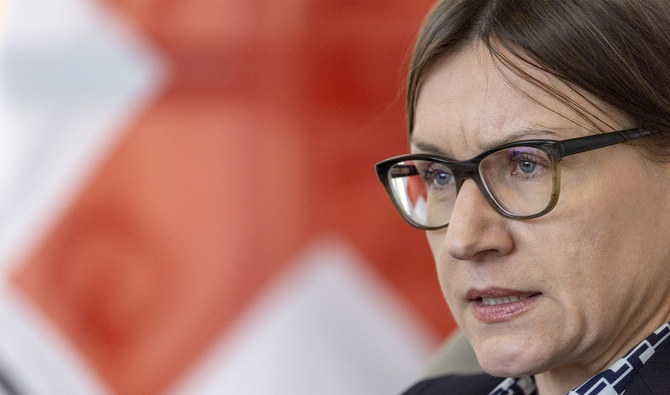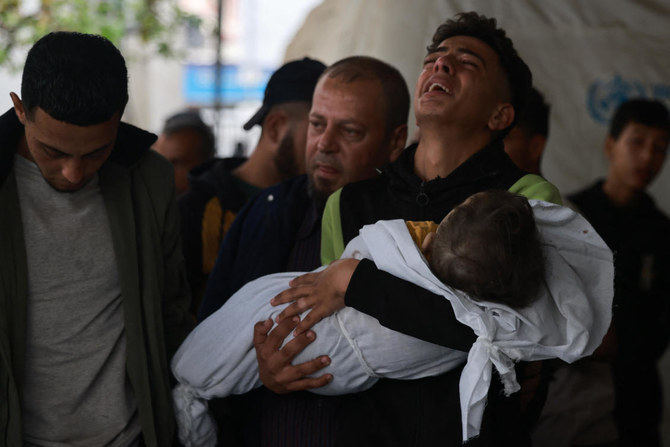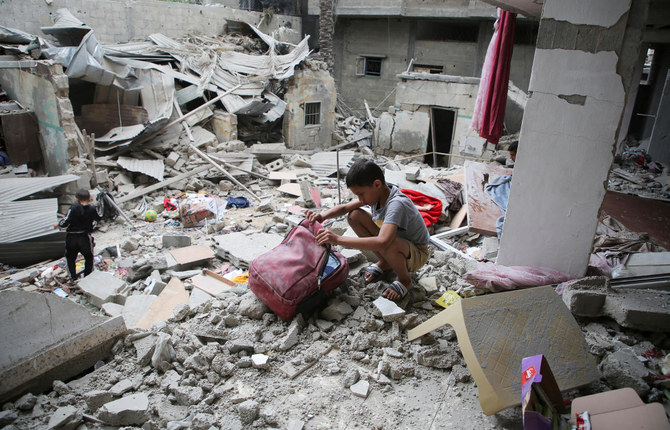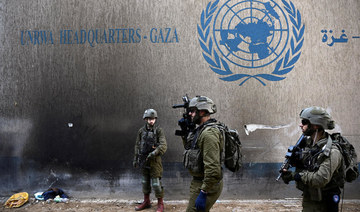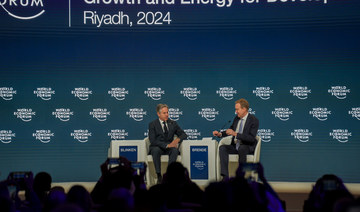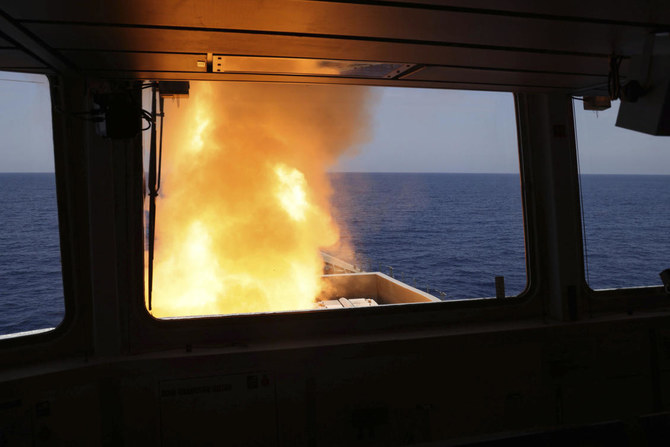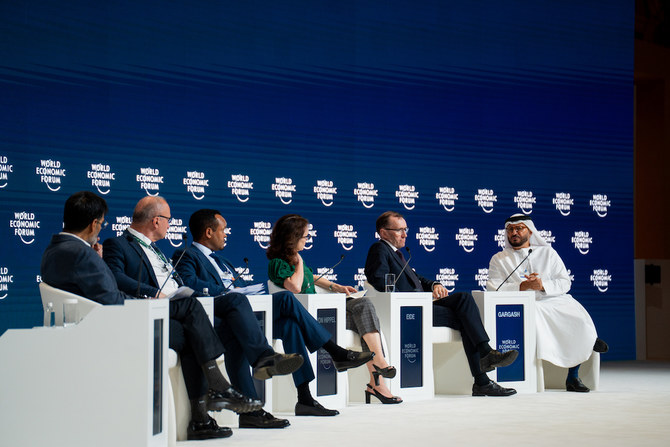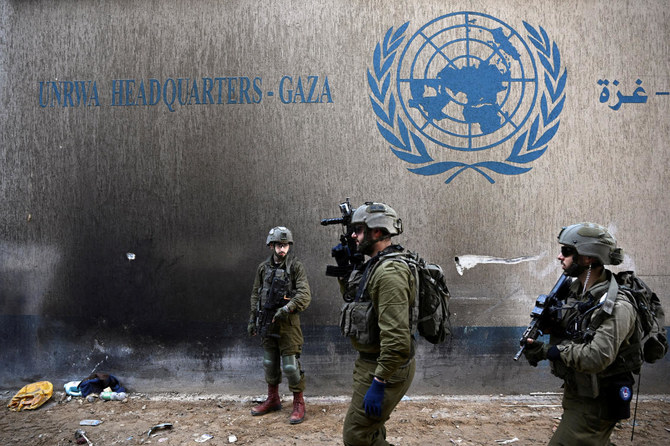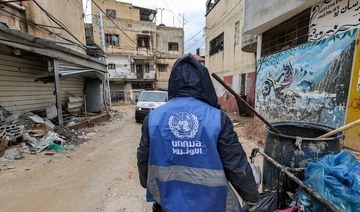GENEVA: The Red Cross said Monday that its president had traveled to Qatar to meet with Hamas chief Ismail Haniyeh “to advance humanitarian issues related to the armed conflict in Israel and Gaza.”
“President Mirjana Spoljaric met with (Ismail) Haniyeh, Chair of Hamas’ Political Bureau, and separately with authorities of the state of Qatar,” the International Committee of the Red Cross said in a statement.
The announcement came as negotiators worked to seal a deal for the release of some of the 240 hostages the Islamist militants took during their unprecedented October 7 attacks on Israel.
Israeli authorities say the attack left around 1,200 people dead, mainly civilians.
Israel’s withering air and ground campaign have meanwhile killed more than 13,300 people in Gaza, also mainly civilians and including thousands of children, according to Hamas authorities.
The ICRC stressed that Spoljaric’s visit was part of efforts to hold “direct discussions with all sides to improve respect for international humanitarian law.”
It pointed out that she has also met “multiple times in recent weeks with families of hostages held in Gaza, as well as senior Israeli and Palestinian leaders.”
The Geneva-based organization stressed that it was continuing “to appeal for the urgent protection of all victims in the conflict, and for the alleviation of the catastrophic humanitarian situation in the Gaza strip.”
“ICRC staff in Gaza have been delivering life-saving assistance, and an ICRC surgical team continues to perform operations,” it said, adding that it was “calling for sustained, safe humanitarian access so it can increase its work.”
The organization stressed that it had “persistently called for the immediate release of hostages.”
“The ICRC is insisting that our teams be allowed to visit the hostages to check on their welfare and deliver medications, and for the hostages to be able to communicate with their families,” it said.
“Agreements must be reached that allow the ICRC to safely carry out this work. The ICRC cannot force its way in to where hostages are held, nor do we know their location,” it added.
The ICRC, which has already helped facilitate the release of four hostages on two separate occasions, emphasised that it “does not take part in negotiations leading to the release of hostages.”
But it added that “as a neutral humanitarian intermediary, we remain ready to facilitate any future release that the parties to the conflict agree to.”



